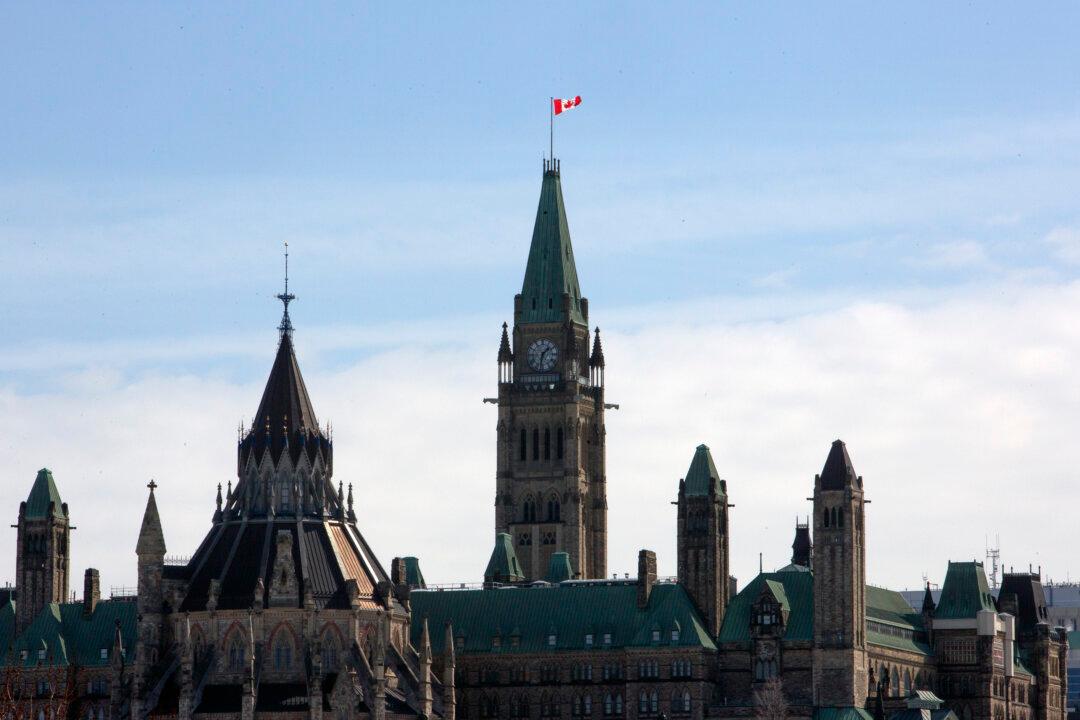The public inquiry investigating foreign interference in Canadian elections has extended invitations to individuals and groups to apply for standing before the commission. It also announced that one of the lawyers who led the Emergencies Act inquiry will be lead counsel for the probe.
On Nov. 10, the Public Inquiry Commission into Foreign Interference posted information on its newly launched website for those who want to participate in the hearings. There is also an application for those seeking standing and funding. Prospective participants must email their applications to the commission by Nov. 22.





